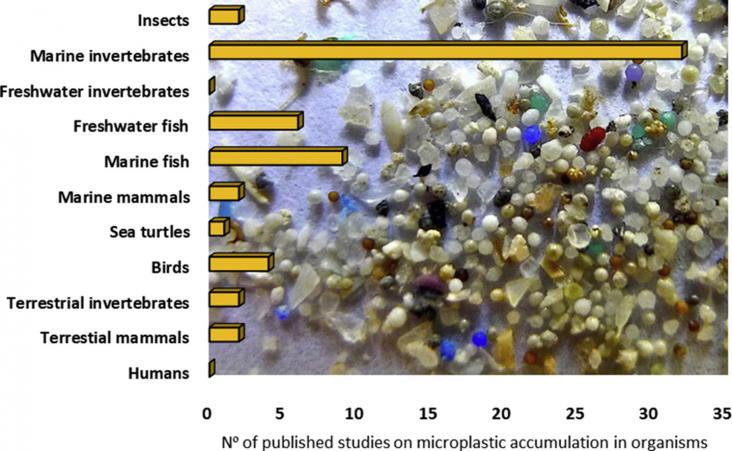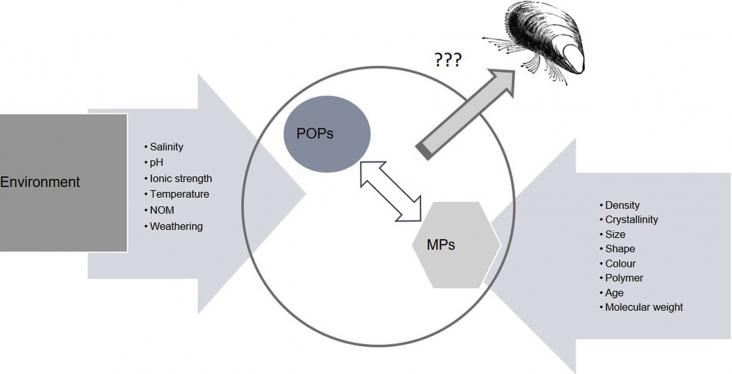
Following a decade of research on the environmental impacts of microplastics, a knowledge gap remains on the processes by which micro and nanoplastics pass across biological barriers, enter cells and

The presence of plastic debris in the ocean is increasing and several effects in the marine environment have been reported.
Characterising microplastics based on spectroscopic measurements is one key step of many studies that analyse the fate of microplastics in the environment.
Microplastics (MP) (<5 mm) are crucial pollution which are widely distributes in the environment.
Interest about interactions between microplastics and organisms is on the rise.
The quantification of micro- and nanoplastics in environmental matrices is an analytical challenge and pushes to the use of unrealistic high exposure concentrations in laboratory studies which can lea
In the last decades, energy scarcity has become an important issue globally.
Global biodiversity targets have far-reaching implications for nature conservation worldwide.
The current regime governing Areas Beyond National Jurisdiction (ABNJ) as a global commons has resulted in overutilization of fisheries resources and patchwork attempts to regulate resource extraction

The current paper critically reviews the state-of-the-science on (1) microplastics (MP) types and particle concentrations in freshwater ecosystems, (2) MP and nanoplastics (NP) uptake and tissue trans
